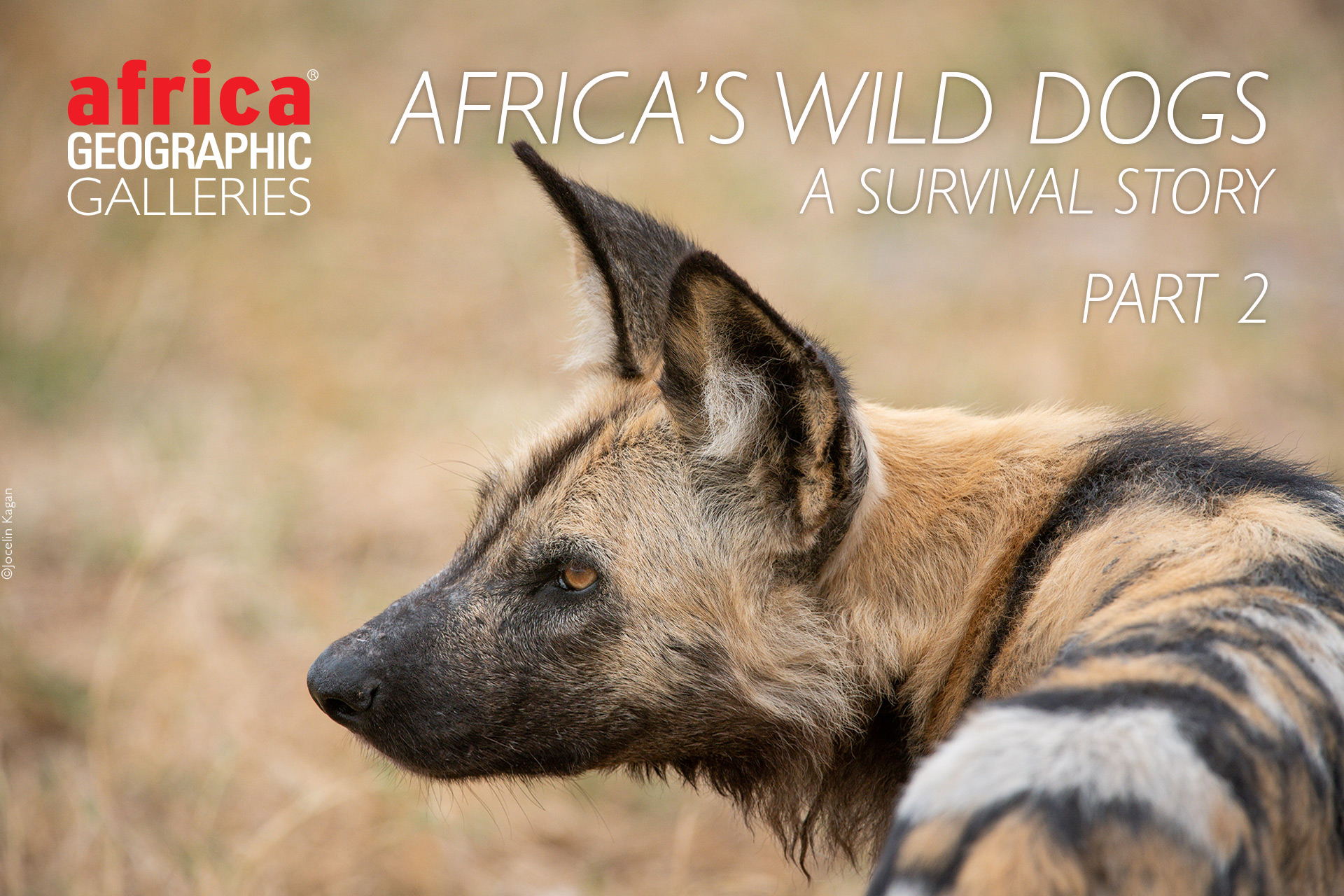
help make a difference for African wild dogs

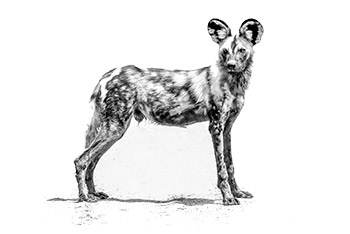
All funds and royalties raised from the sale of Africa’s Wild Dogs – A Survival Story will go into the non-profit organisation: Africa’s Wild Dog Survival Fund
Their tails are up, their spirits elevated and their eyes bright – light-footed and eager, the adult African wild dogs are off on the hunt…
Africa’s Wild Dogs – A Survival Story documents my adventures with one of Africa’s most successful predators, my insights into their lives and the outlook for their future.

Historically, African wild dogs have been poorly understood, and it is only in the past 20 or so years that scientific revelations have started to unravel the nuances of their complex lives. Yet there is still so much to learn. Where do they go and how far do they travel when they are not denning? How will climate change affect the dogs’ hunting and pup rearing abilities? What made the Nagasanga pack in Mana Pools develop a taste for baboon? These are just some of the questions currently under investigation as scientists work to build upon our understanding of these enigmatic animals.


In studying wild dogs, researchers may sit for hours, watching a pack sleep, and drawing the patterns of their black, white, and tan coats for future identification. Even the smallest body language movement could be relevant, and scientists note every twitch of their satellite-dish shaped ears to keep track of their ongoing communication with each other.
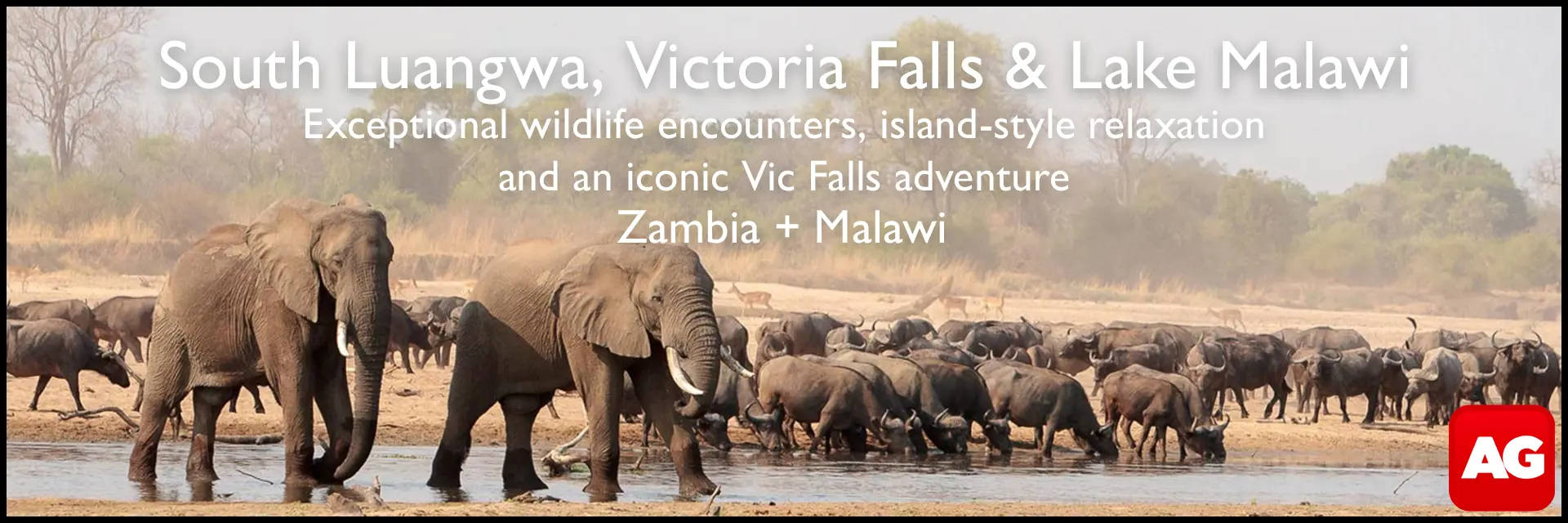

It is these scientists and on-the-ground conservationists who also work tirelessly to keep the dogs safe – from engaging with enraged farmers who have lost livestock to educating local communities. As a photographer, I wanted to find a way to support this work, to capture and share the spirit and essence of these charismatic creatures.

We humans would be well-served to learn a thing or two from African wild dogs. They are forever celebrating; dancing and greeting each other with absolute exuberance, even on simply waking from an afternoon nap.


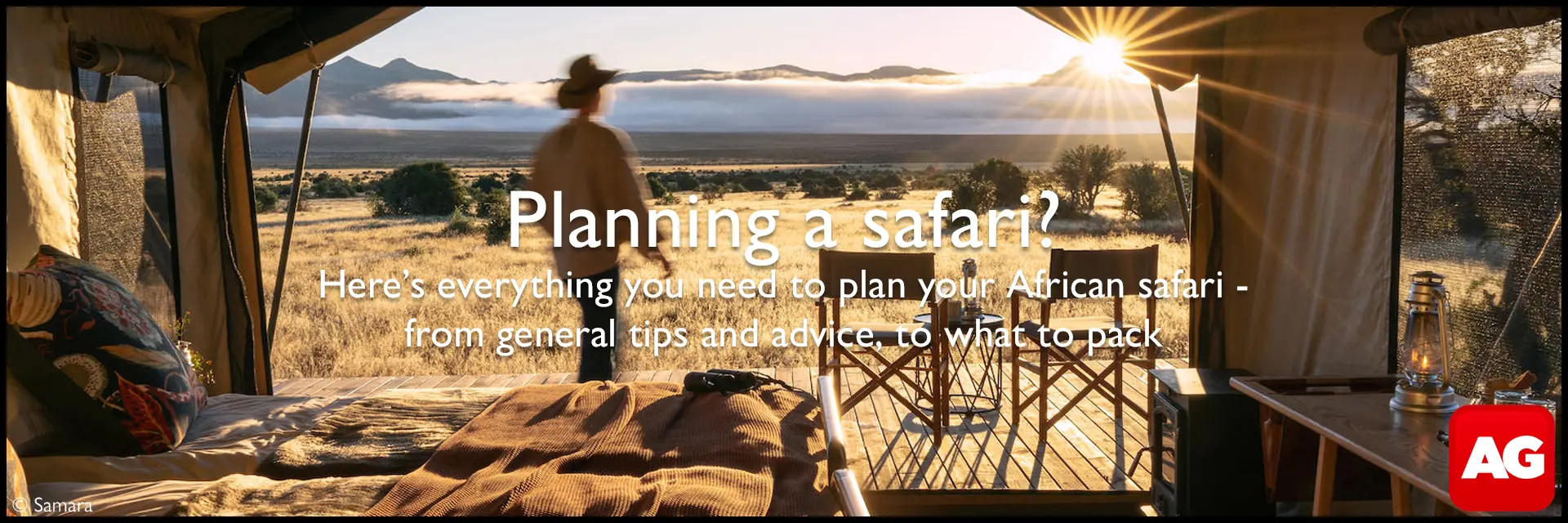
Wild dogs are naturally curious, and during my time spent observing different packs, individuals regularly approached to investigate. No record of a wild dog attacking a human exists either in folklore or in a document. Whenever pups or adults have come over to ‘talk’ to me, I have always welcomed them in silence without any sense of fear. Instead, I have always felt an overwhelming sense of excitement and privilege.![]()


All funds raised from the sale of my Wild Dog images and all royalties from the sale of Africa’s Wild Dogs – A Survival Story will go into the non-profit organisation: Africa’s Wild Dog Survival Fund and from there to the following organisations across southern Africa in appreciation of their participation in the book:
Dr Harriet Davies-Mostert, Head of Conservation – Endangered Wildlife Trust (EWT) South Africa and Chair of WAG – Wild Dog Advisory Group.
Dr Tico McNutt, Botswana Predator Conservation Trust.
Reena Walker University of Idaho – who conducted her Sneeze to Leave research together with the Botswana Predator Conservation Trust.
Prof Scott Creel, Zambian Carnivore Programme.
Dr Rosemary Groom, African Wildlife Conservation Fund (AWCF) – Zimbabwe.
Dr Dave Druce, KZN Wild Dog Management Group
Nick Murray, Bushlife Conservancy: Painted Wolf Conservancy, Bushlife Support Unit Trust, Zimbabwe.

BUY THE BOOK HERE: Amazon or Random House (South Africa)
About the author
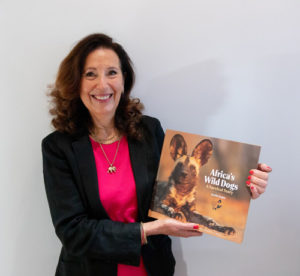 Jocelin Kagan’s passion for wildlife crystallised when she saw her first wild dog in 2010. ‘It was love at first sight’. Since then, Jocelin has been photographing and tracking wild dogs in Mana Pools in Zimbabwe, Botswana, the Timbavati in South Africa, and the Selous Game Reserve in Tanzania. Jocelin has embarked on an ambitious undertaking to make known the plight of this most successful strategist of all predators. She holds Higher Primary Teacher’s Diploma with specialization in Speech & Drama from the University of Cape Town, a Master Practitioner Certification in Neuro-Linguistic Programming and a Henley Management College MBA, and is the published author of four books, an educator, and a public speaker.
Jocelin Kagan’s passion for wildlife crystallised when she saw her first wild dog in 2010. ‘It was love at first sight’. Since then, Jocelin has been photographing and tracking wild dogs in Mana Pools in Zimbabwe, Botswana, the Timbavati in South Africa, and the Selous Game Reserve in Tanzania. Jocelin has embarked on an ambitious undertaking to make known the plight of this most successful strategist of all predators. She holds Higher Primary Teacher’s Diploma with specialization in Speech & Drama from the University of Cape Town, a Master Practitioner Certification in Neuro-Linguistic Programming and a Henley Management College MBA, and is the published author of four books, an educator, and a public speaker.
To comment on this story: Login (or sign up) to our app here - it's a troll-free safe place 🙂.![]()




